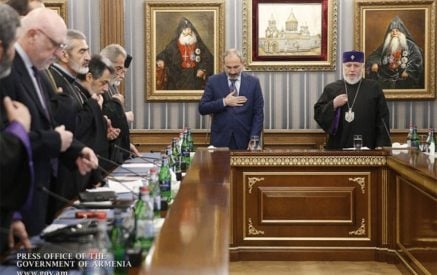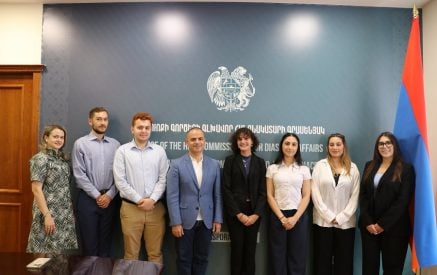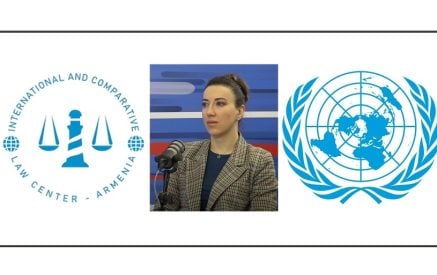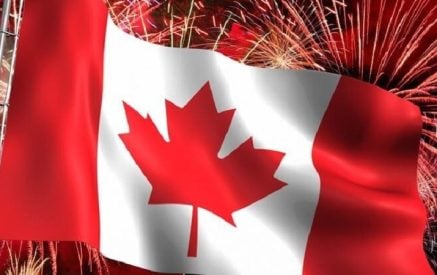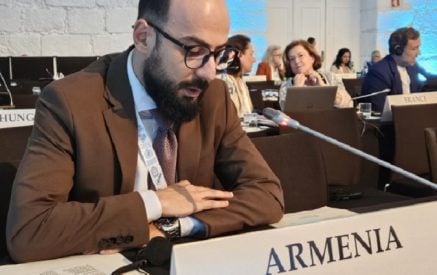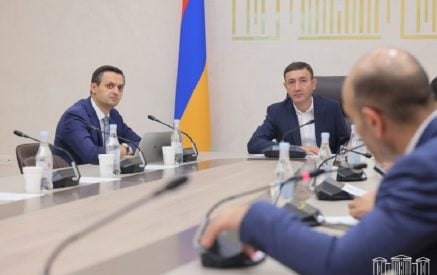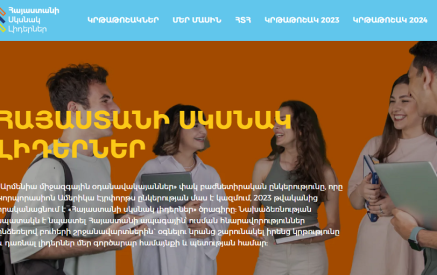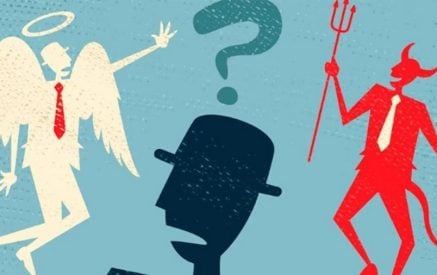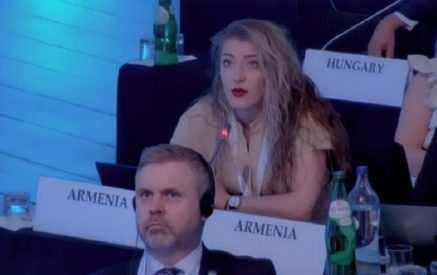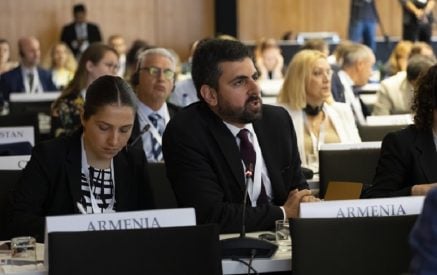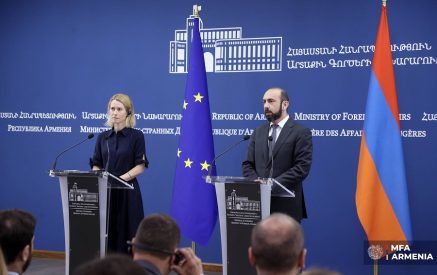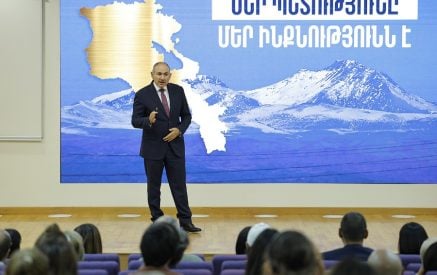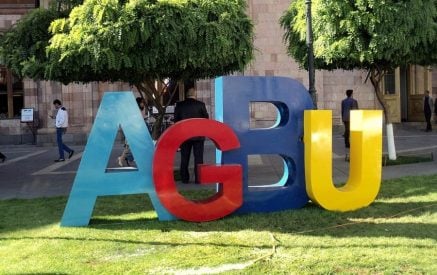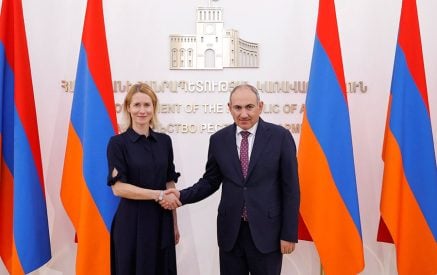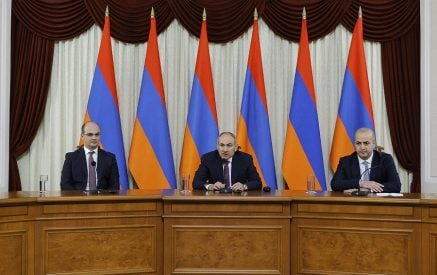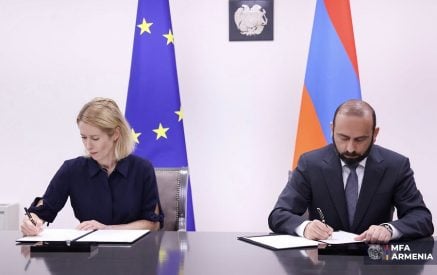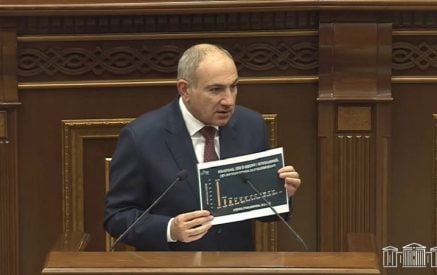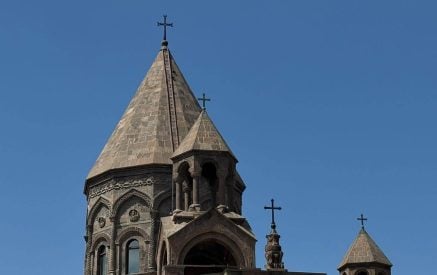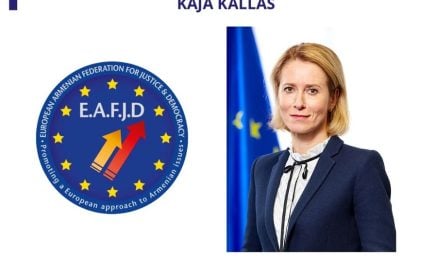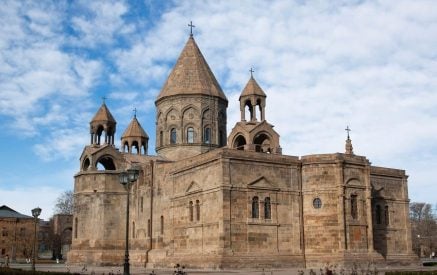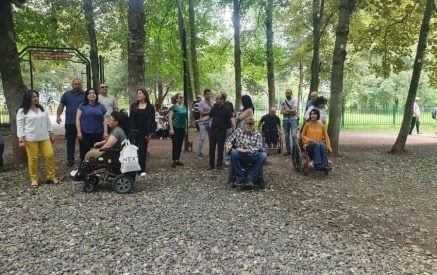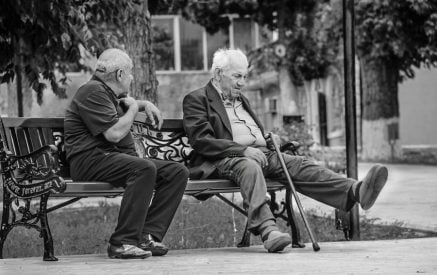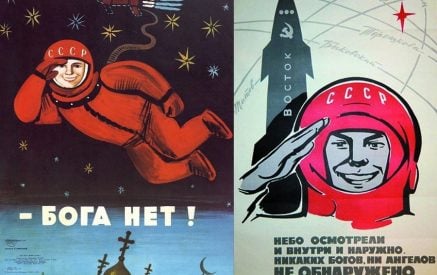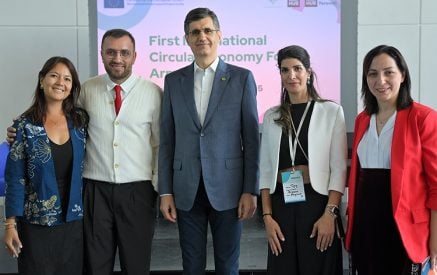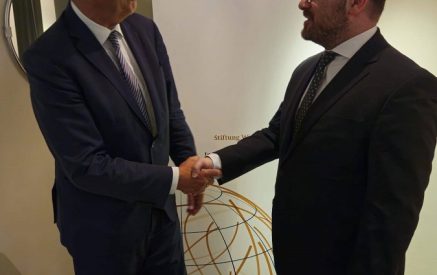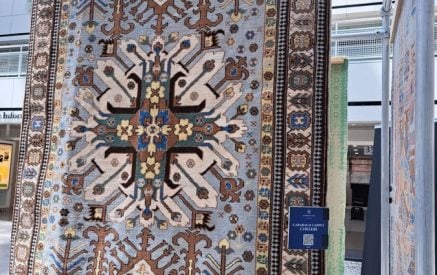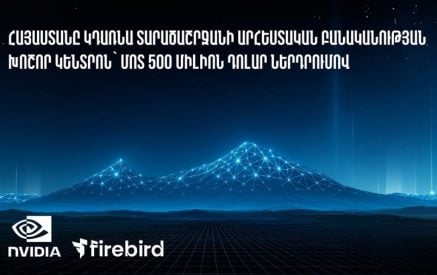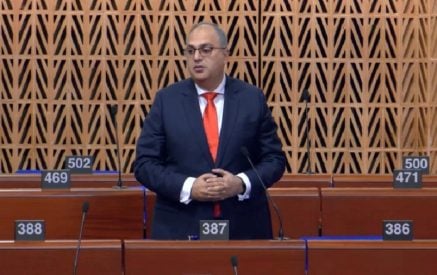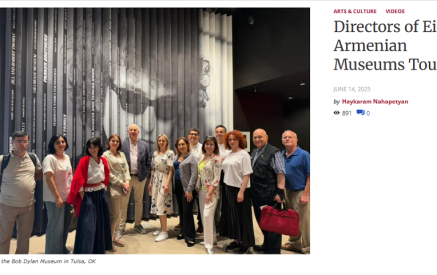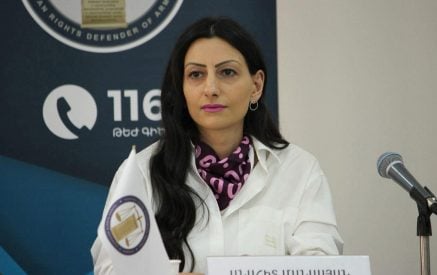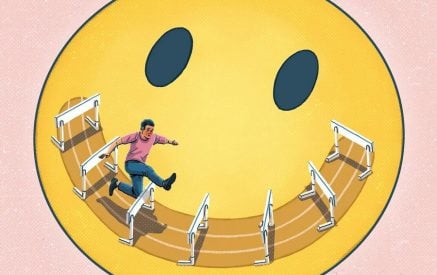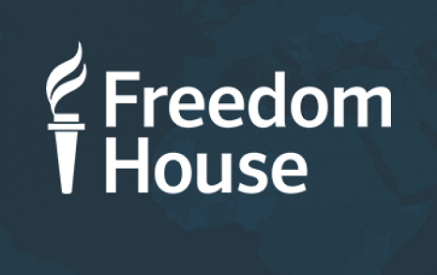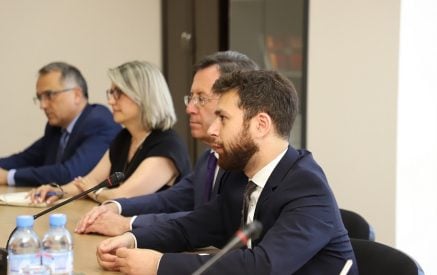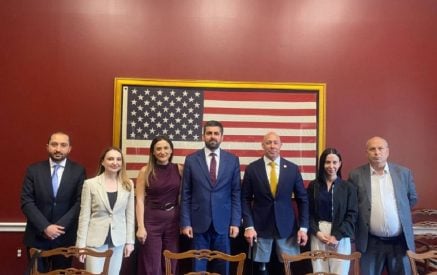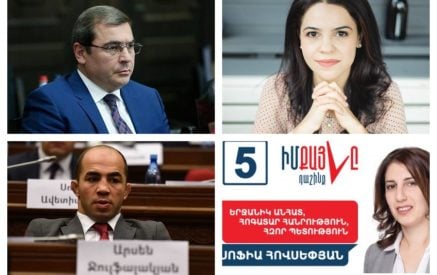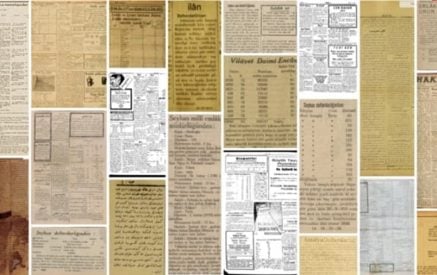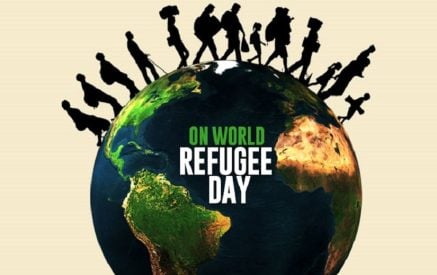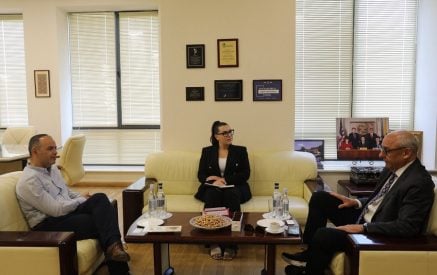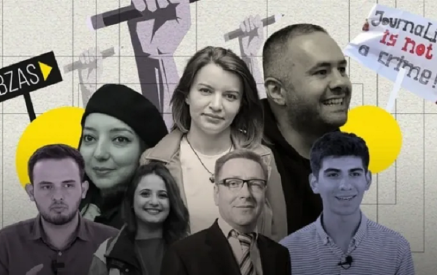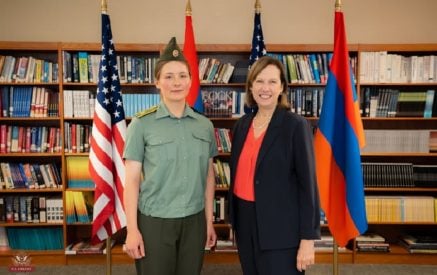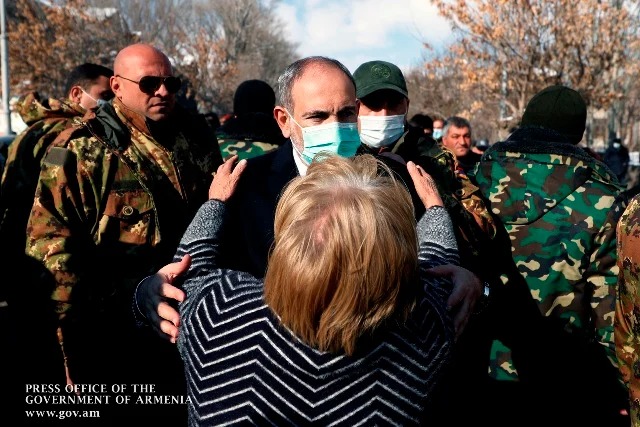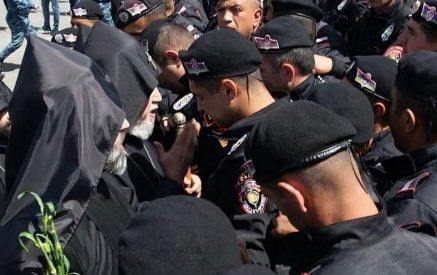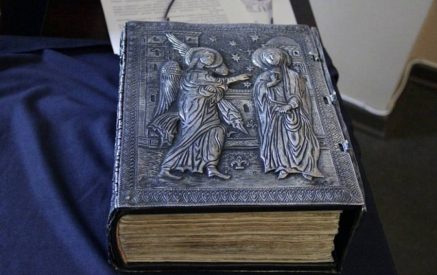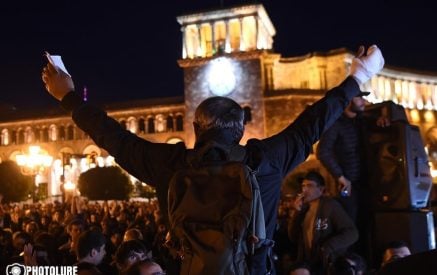Lucian Wilmot Pye’s contradiction “syndrome”
In the second half of the 20th century, Lucian Wilmot Pye, an American political scientist, and adviser to a number of political leaders of the Democratic Party, including John F. Kennedy, put forward a theory designed to describe the specifics of the “non-Western type” political process. The political scientist focused on this problem because he saw that in some Asian and Latin American countries, although they were trying to build a Western-style state, it turned out quite differently.
In particular, many regimes in Latin America were only outwardly democratic, but in reality, they were a clan-oligarchic system. The experience of Eastern Europe and the former Soviet Union is not summarized in Pye’s work, but I think his considerations apply to those countries as well. Although it is clear that, for example, in the Czech Republic, Western-style political culture prevails, and in Armenia, and especially in Uzbekistan, that culture is completely different. Namely, formally the political institutions are the same in all three cases, and the culture is very different.
Pye formulated his theory, or, as he puts it, the syndrome, in 17 points, some of which I would like to rewrite here with small comments.
Read also
“In non-Western societies, the political sphere is not clearly isolated from the public and personal relations.” The political struggle is very personalized for us, and we, the voters, are calculating who is more favorable for us- Pashinyan or Kocharyan. The problem is that they do not present us with any action plan, and even if they offered one, we would not pay attention to it or believe it. And so, we decide which personal characteristics of these two figures are more or less harmful to us.
“Opposition parties and ruling elites often act as revolutionary movements.” When they do not speak, when they say “only in a constitutional way,” the complaining electorate does not trust or follow them. The electorate accuses them of indecision and even has doubts about “secret deals” with the government.
“The involvement and intensity of political debate have little to do with political decision-making.” Let’s consider any National Assembly; the 8th National Assembly will be the same. The government and the opposition are arguing, blaming each other, and sometimes insulting each other, after which the voting mechanism is activated, as a result of which the decision that the government initially put to vote is made.
“The national leadership has to address the non-differentiated public.” Not “dear business owners,” “dear villagers,” or “dear teachers,” but “people, people, people.” By the way, the opposition uses the same propaganda.
“Emotional and symbolic manifestations of politics take the search for specific issues and common problems to the background.” Indeed, “Sashik,” “50/50,” “thieves,” “oppressors,” “hammer,” “steel mandate” – these are all symbols that play on the feelings of the majority of citizens. The lives of those same citizens did not get better as a result of these.
And now the most interesting question is whether the models of Western political institutions are applicable in “non-Western” societies, and if so, to what extent. Of course, this is a matter for professional discussion. But it seems to me that it is difficult to expect that in “non-Western” political cultures, Western models will work “one by one,” although, on the other hand, it is not the case that they should be completely rejected. In our neighboring Islamic Republic of Iran, which considers itself an opponent of the West, there is a parliament, an institution of the president, elections are held, and in economic relations, there are tangible free market mechanisms. Israel, the arch-enemy of our neighbors, does not fight much with the West, it has elected a parliamentarian from the Western governance models, there are elections, political struggle, and, of course, market relations. But in both cases, the political institutions are adapted and “corrected,” taking into account the cultures of the ancient nations living there, the Persians and the Jews, which, in turn, are based on the religious beliefs of those people.
The differences that should be made in the political system is a difficult question, taking into account the Armenian peculiarities of the “non-Western” society. But the fact that the legitimacy of well-known political institutions is largely formal, I think, is obvious to everyone.
Aram Abrahamyan


